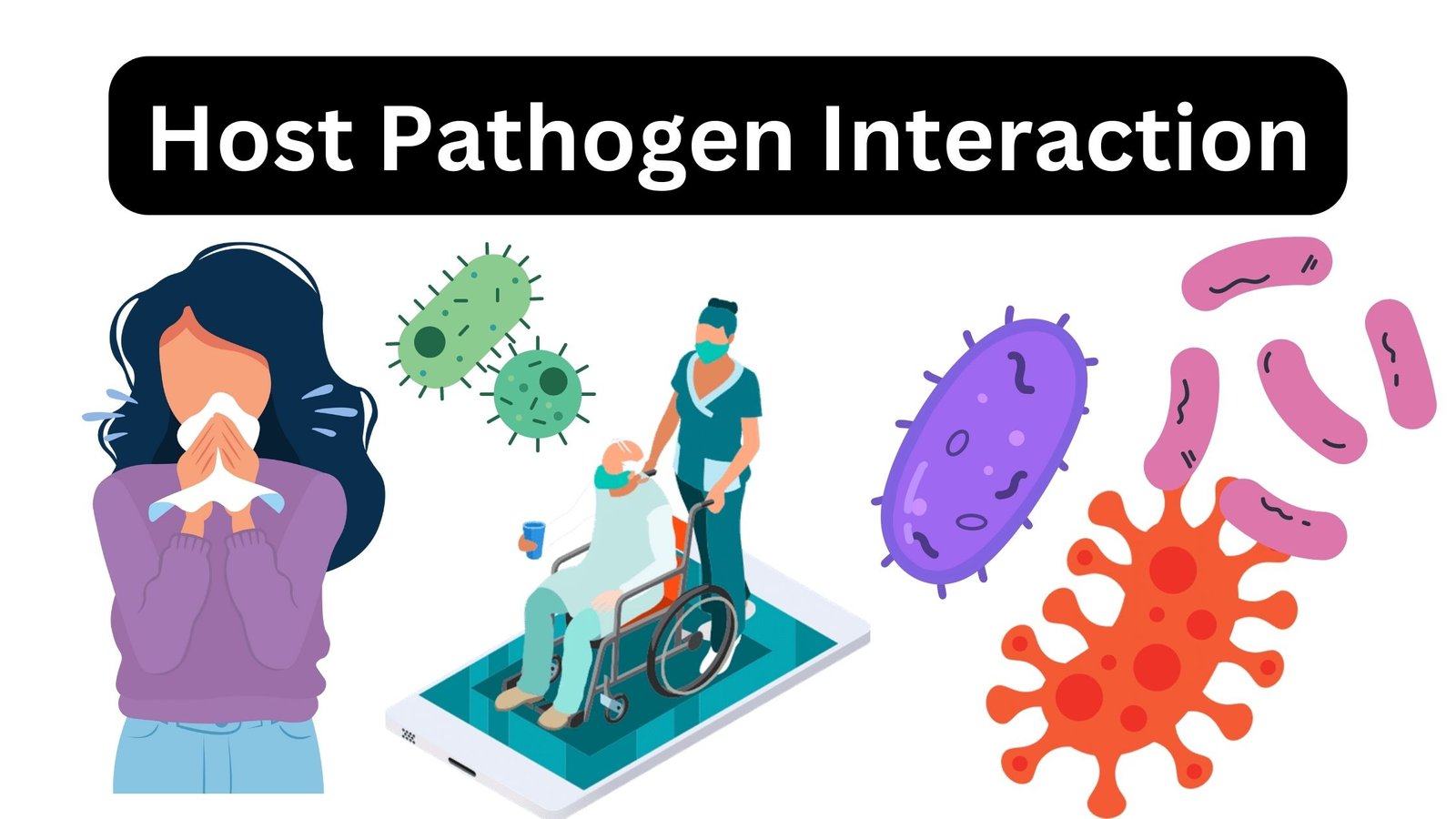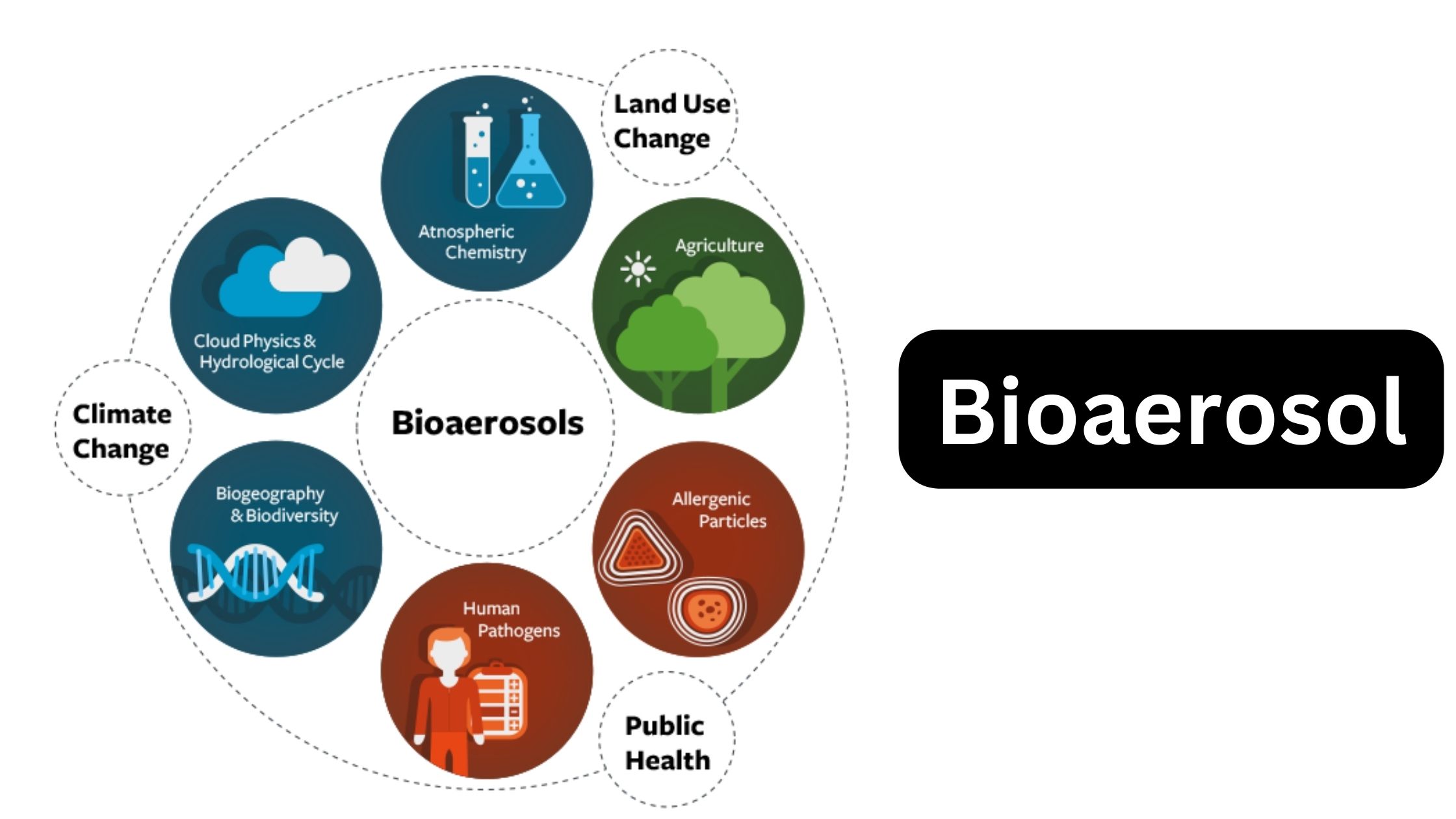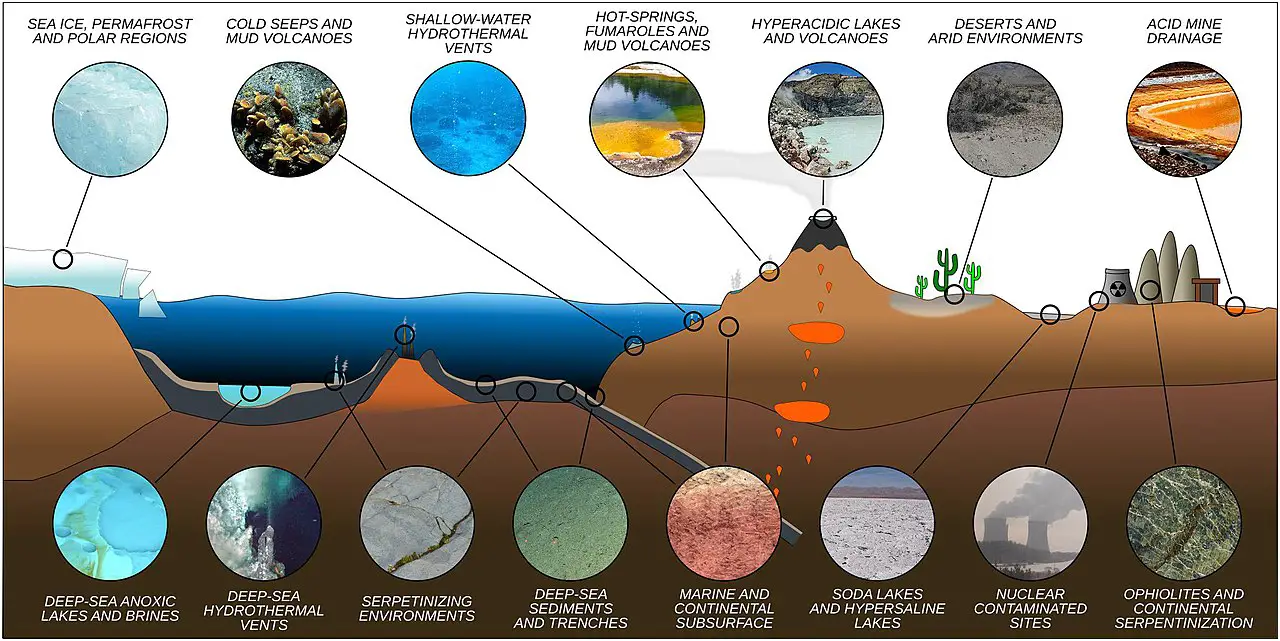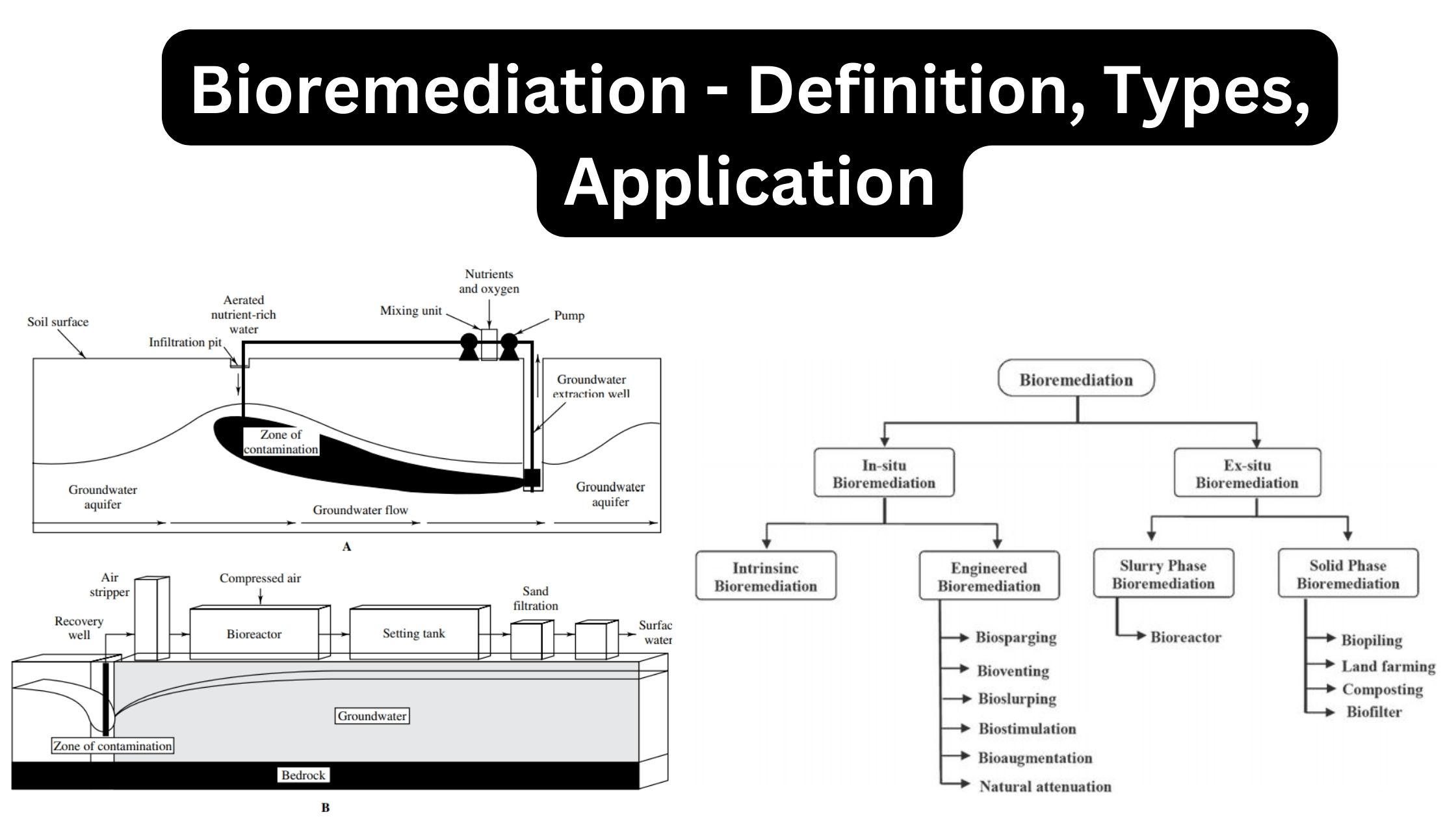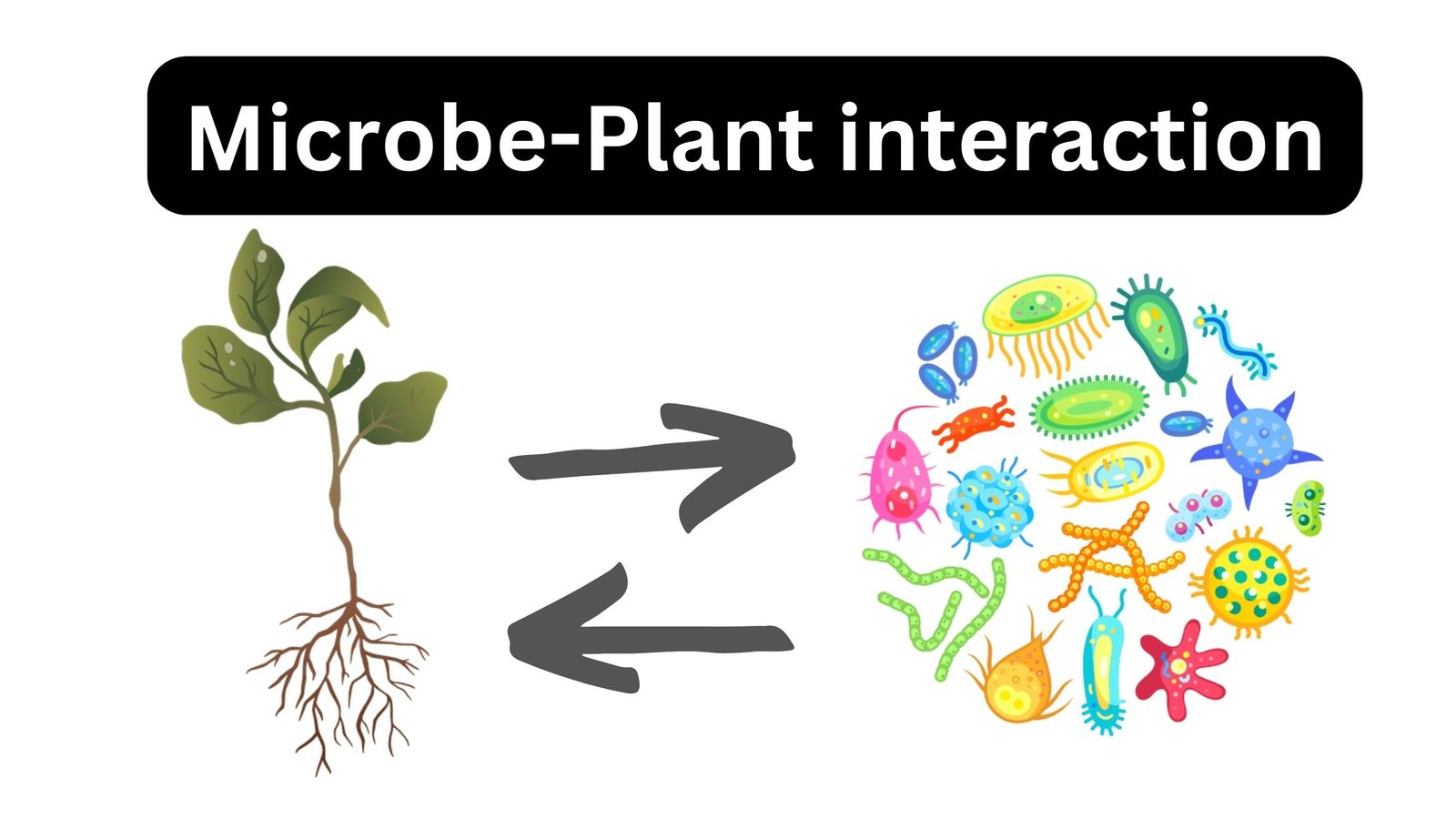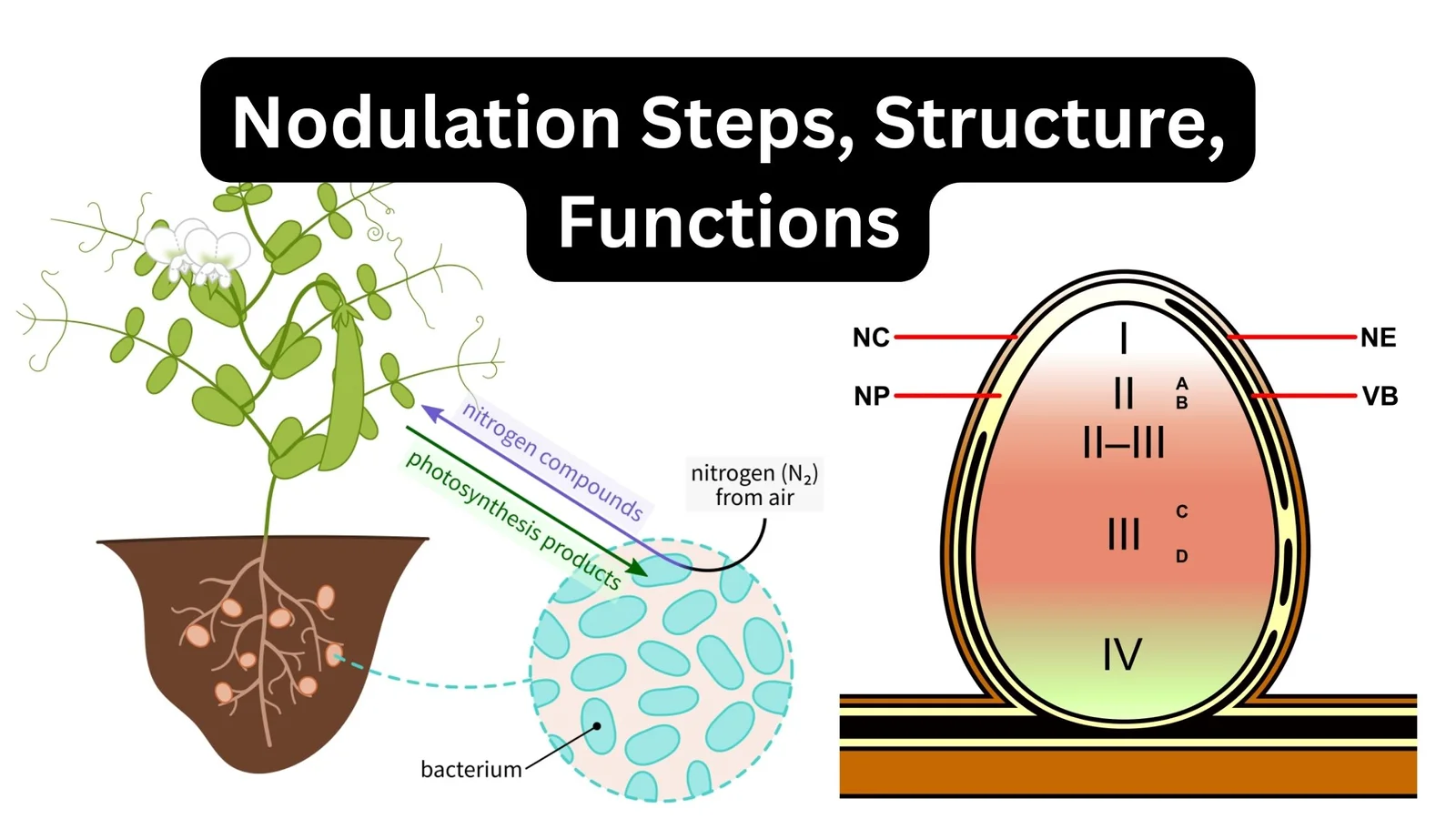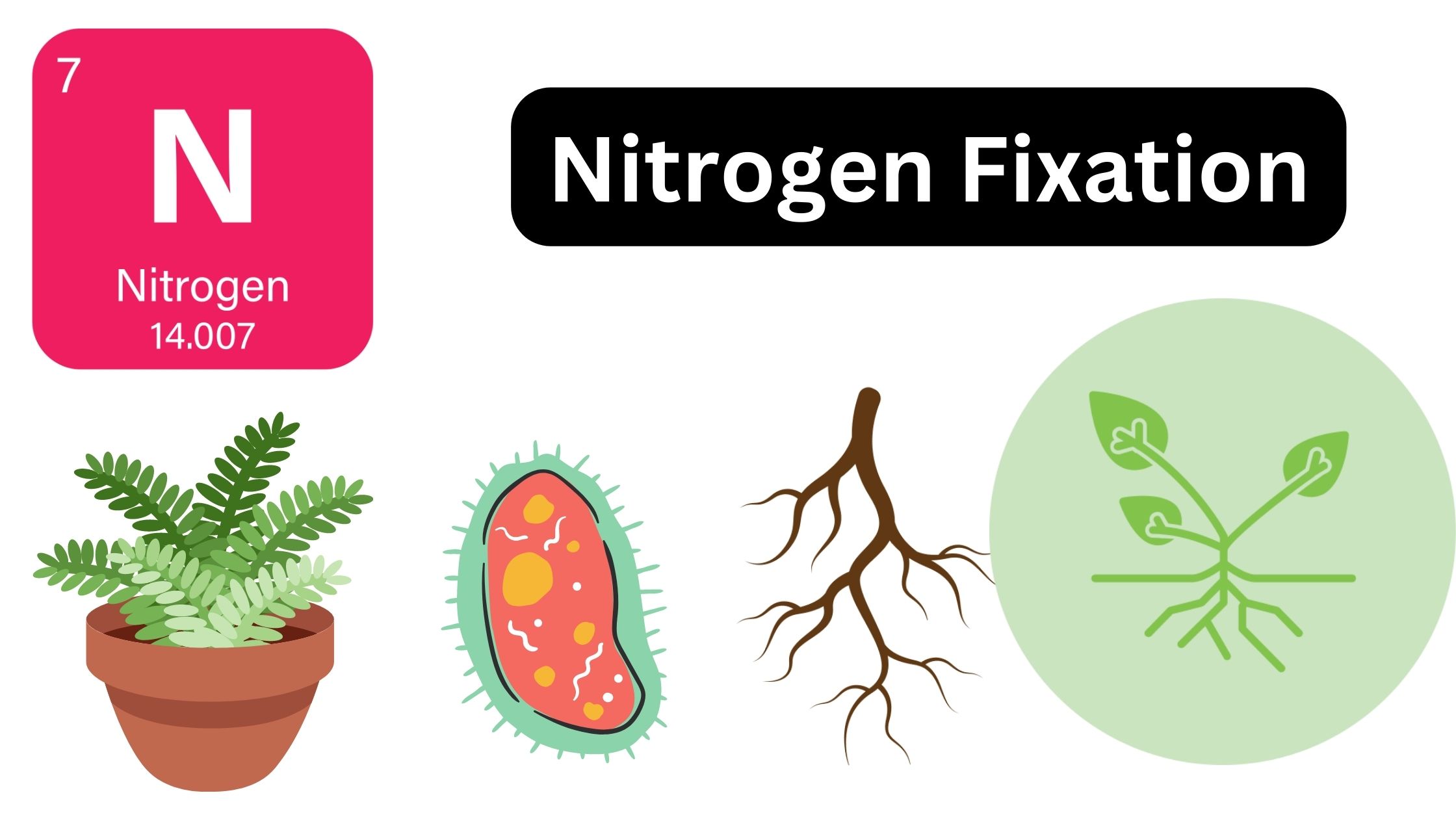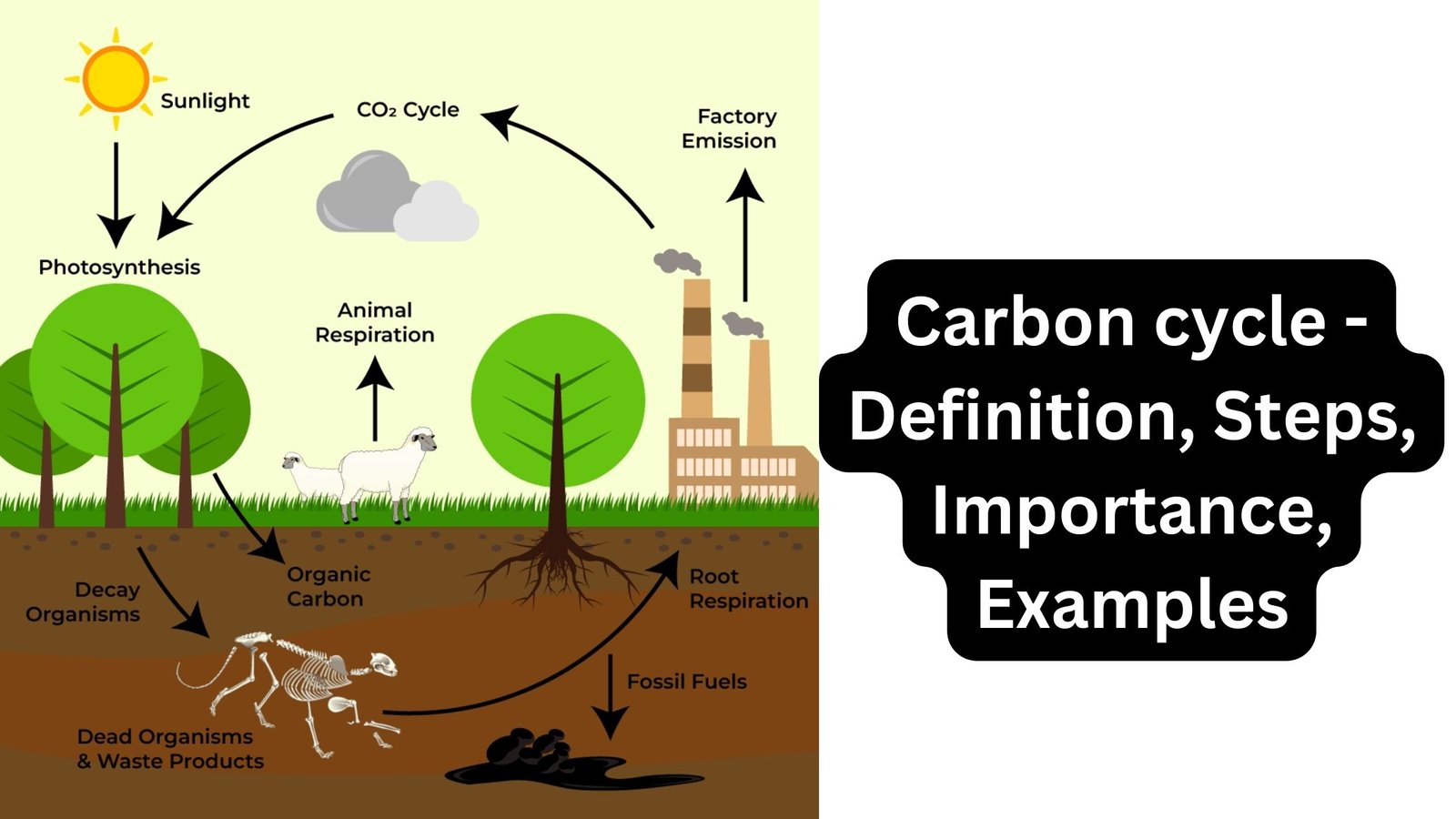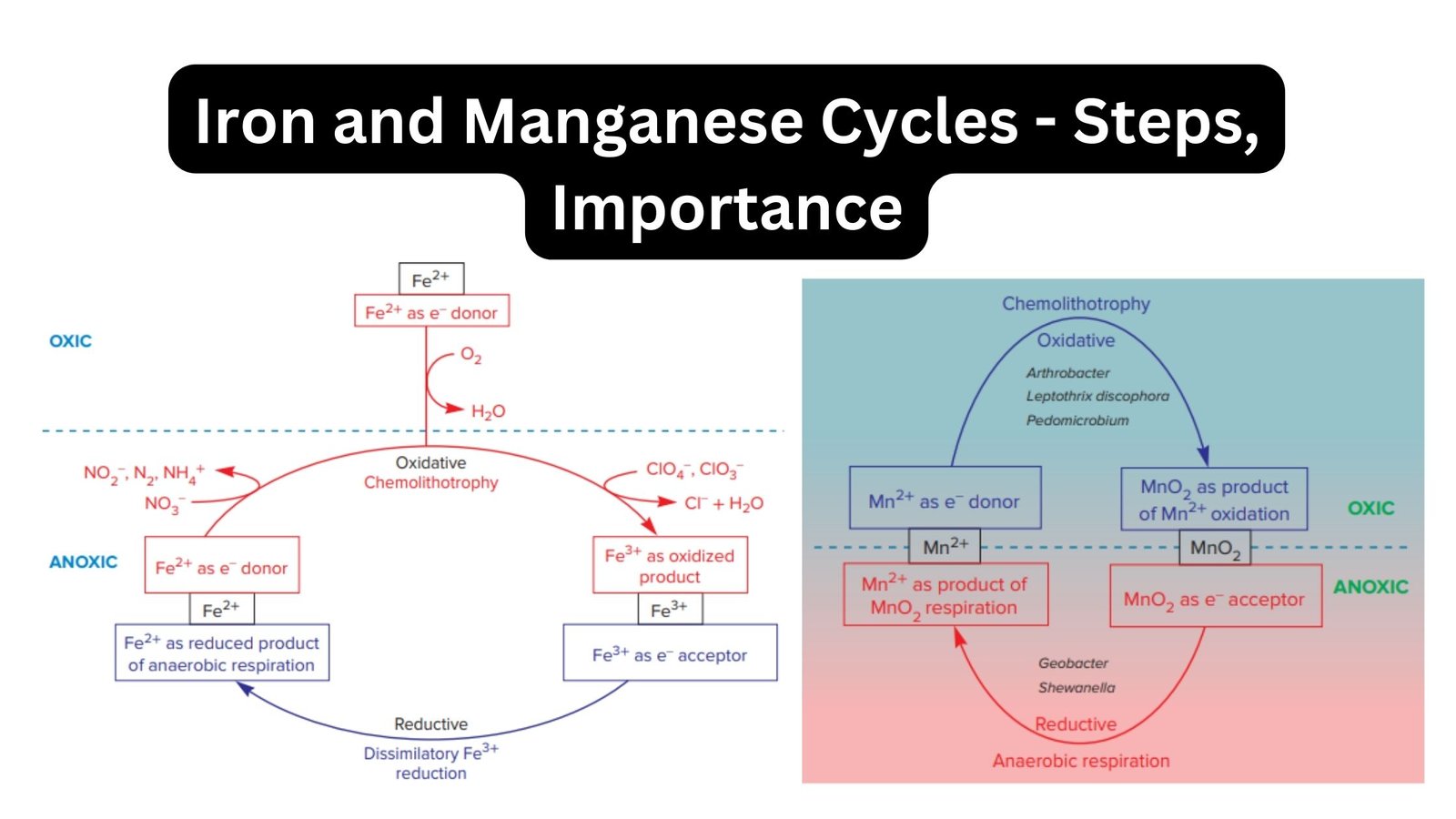Host Pathogen Interaction
Host Pathogen Interaction What is Infection? Types of Infection Infectious agents (pathogens) that cause infections include: What is Invasion? A Survey of Bacterial Invasins Spreading Factors Enzymes that Cause Hemolysis and/or Leucolysis Typically, these enzymes act on the animal cell membrane by inserting into it (creating a pore that leads to cell lysis) or by … Read more
